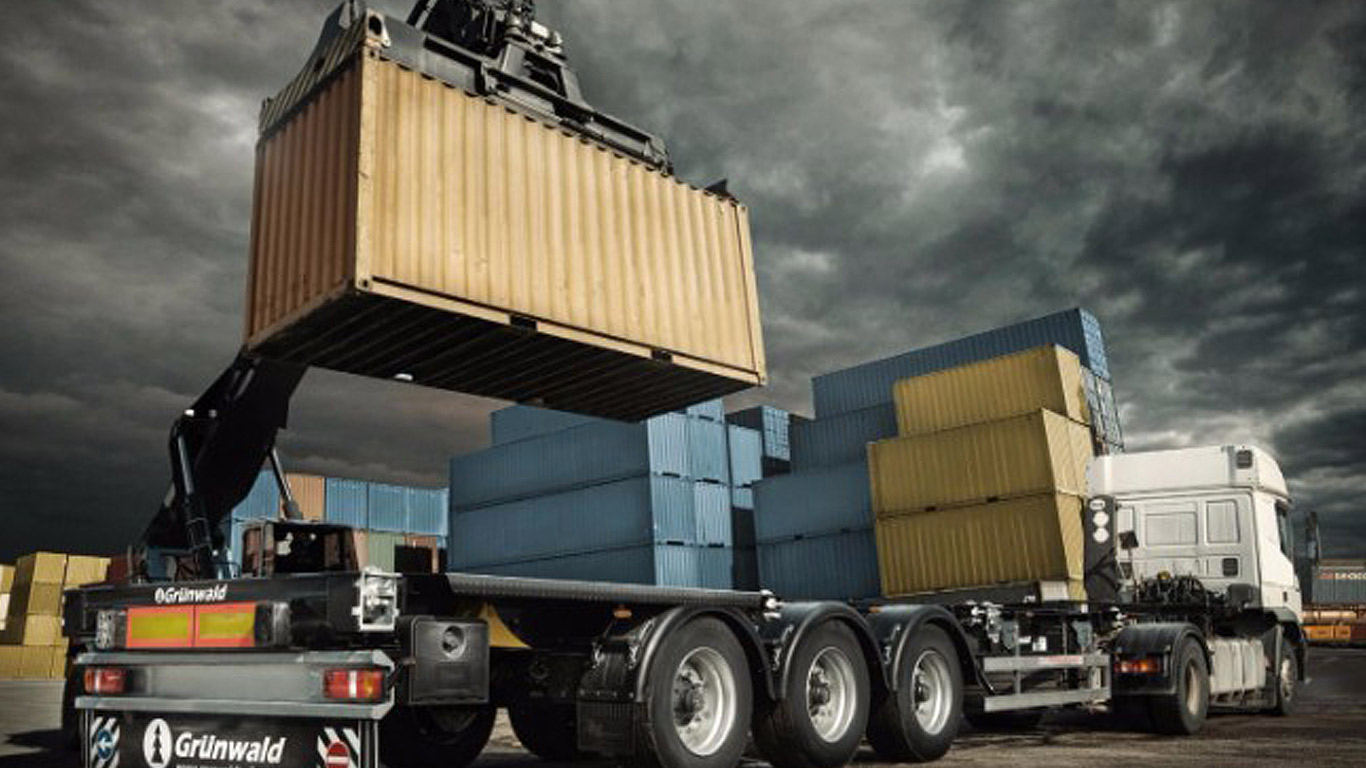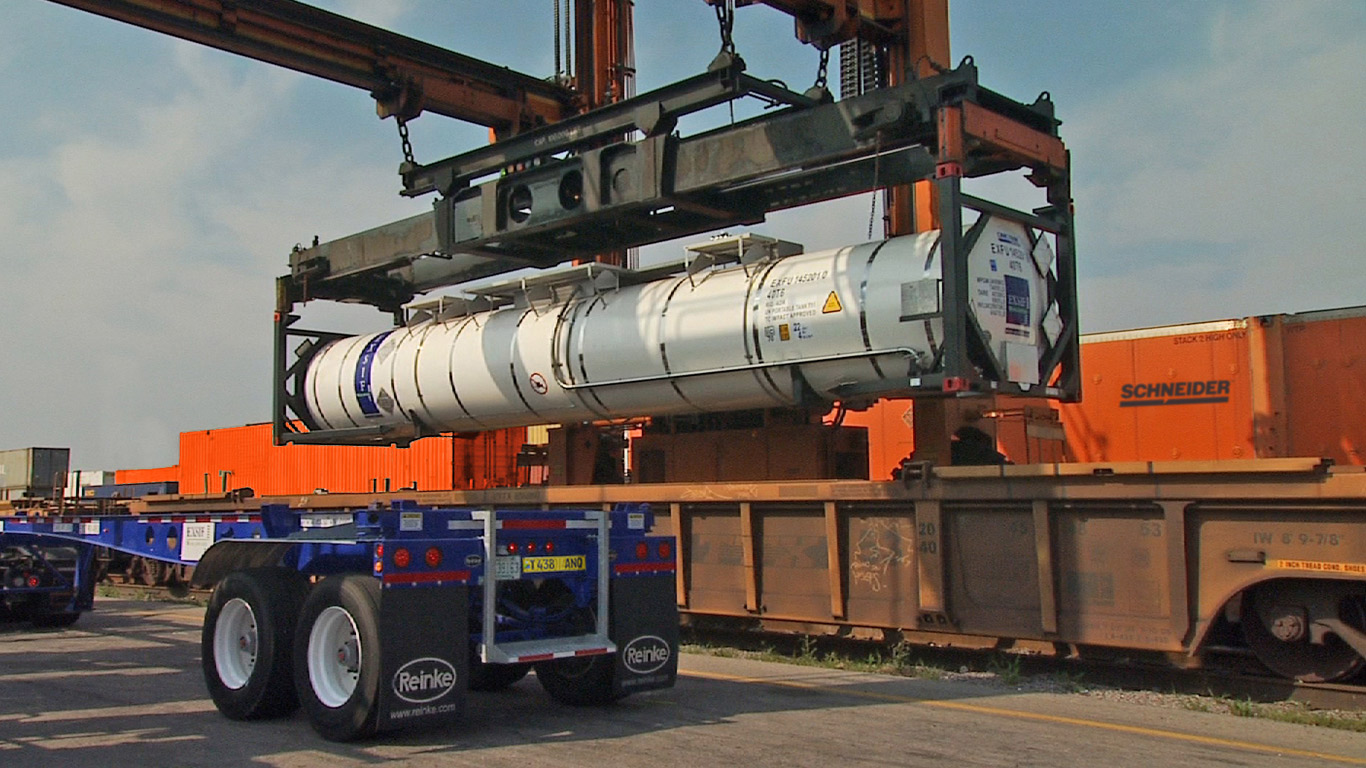Clearing goods through Customs in Tanzania was a lengthy and costly process. Systems were fragmented, documents had to be manually exchanged across a variety of organizations and agencies, and there was a general lack of coordination between regulatory agencies.
“It was not easy to know who was accountable for the delay experienced in the process of goods clearance,” said Felix Tinkasimile, Senior Customs Officer at the Tanzania Revenue Authority. “The manual process and manner of decision making by different agencies was bureaucratic and resulted in difficulty of monitoring processes and procedures. As a result, the
blame would always come back to TRA [Tanzania Revenue Authority].”
But the TRA is changing all this. With support from the Investment Climate Facility for Africa (ICF), TRA is modernizing its customs administration procedures in order to reduce the costs of importing and exporting goods whilst improving customs efficiency, transparency, and risk management.
Central to this modernization is a new customs administration system called the Tanzania Customs Integrated System (TANCIS). It is an electronic platform that brings together all the players involved in the importing, exporting and clearing of goods through a single window system.
Rolled out in March 2014, TANCIS enables importers and exporters to electronically submit all the necessary documentation for processing pre-clearance, clearance and release of goods. It also allows regulatory agencies to provide approvals of these documents directly through the system. TANCIS has streamlined processes and procedures resulting in the reduction of certain operational functions such as enforcement, amendment requests, post clearance audit procedures and auction of overstayed goods.
“By bringing the key players under one roof, there should be no excuses and no delays caused as the system will grant all stakeholders the right information at the right time,” said Belium Silaa, TRA’s Deputy Commissioner for Customs Modernisation and Risk Management.
Simplicity, transparency and efficiency are among the key characteristics of TANCIS. The system is now facilitating the exchange of accurate and timely information, speedy clearance of goods and helping to reduce the costs and time of doing business in Tanzania.
Rolic Import and Export used to face inefficiencies, duplication of resources and high transaction costs due to the delays caused by lengthy processes and procedures. Up to 50% of the high costs they were experiencing were due to high storage costs.
Managing Director of Rolic Import and Export, Robert Mallya, testifies to improvements which they have experienced since using TANCIS in July 2014. “Having access to TANCIS is having access to progress in our business operations. As the system automatically alerts concerned parties on overstayed goods, we are able to reduce the cost of doing business and attract more clients as a result of being able to clear goods on time and hence having more storage space. In six months, we have lodged up to 450 documents, a figure that accounted for the annual amount of transactions we used to do manually.”
To date, the system has been rolled out to the key players involved in the clearing of import and export goods in 13 regions across Tanzania. These include TRA regional offices, Tanzania Ports Authority (TPA), Tanzania Shipping Agents Association (TASAA), Tanzania Freight Forwarders Association (TAFFA), Tanzania Bureau of Standards (TBS), Tanzania Food and Drugs Association (TFDA), and Bank of Tanzania (BOT).
Daniel Mallongo, Documentation Manager at Diamond Shipping also has started to experience efficiency in his business operations. Processing an average of 2000 containers in a month requires access to timely and reliable information. Now, he is also using the newly introduced TANCIS service of tracking cargo through mobile phones and he can share the information with his clients.
ICF’s support to TRA is part of its continued endeavour to help African countries improve their investment climates.
Mr. William Asiko, CEO of ICF commented: “Tanzania continues to serve many landlocked countries through the port of Dar es Salaam, therefore it is important to have the right system in place in order to make the country attractive for investment and trade.”




